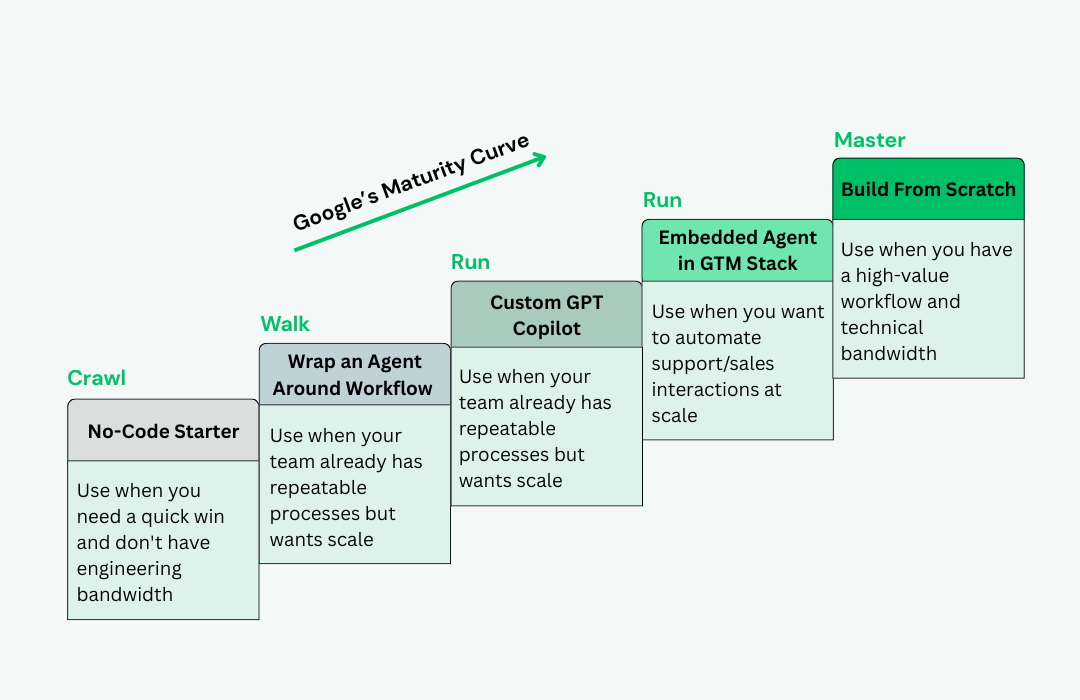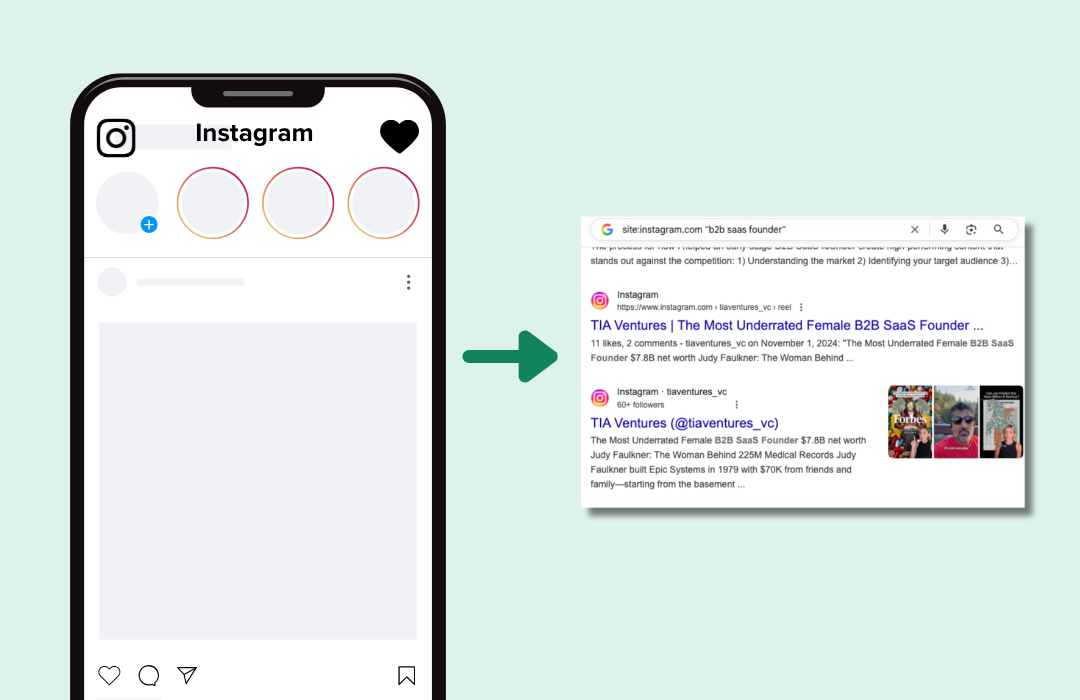Getting your team excited and motivated isn’t easy in the best of times. It’s even harder when your team can turn off their video and scroll through Twitter during stand ups. In this session, Scott Barker asks some of the top minds in the business share what has and hasn’t worked for them so you can go into 2021 confidently.
They cover:
— What programs work and don’t work in a remote environment.
— What a successful remote SKO might look like.
— How to effectively communicate and keep your team productive even from a distance.
Panelists:
Lauren Bailey – Founder & President at Factor 8
Kevin Dorsey – VP of Inside Sales at PatientPop Inc.
Ernest Owusu – Sr. Director, Sales Development at 6sense
Mykal White – Change Maker & CEO at NUNDA
Highlights:
- What does motivation mean to you? [10:50]
- What motivates you personally? [16:25]
- As a busy person, how do you manage your energy? [18:35]
- What’s been working in this new WFH environment to keep your teams motivated? What hasn’t been working? [30:45]
- How important is building flexibility into a culture? [37:40]
What purpose does motivation serve, and can it be taught?
Scott from Outreach opened up the conversation with a thought-provoking question: “What does motivation mean to you, and is it something that can be taught?”
When we hear the term motivation, we might imagine a sales employee who jumps out of bed in the morning, ready to shatter their quarterly quota. But true motivation goes deeper than that, as Kevin from PatientPop describes:
“Motivation is an internal drive that keeps you going when things are challenging. Another way to look at motivation is, as something that guides your behaviors toward the end result you’re looking for. If it doesn’t change your behavior, it’s not motivating.”—Kevin Dorsey, VP of Inside Sales, PatientPop Inc.
When addressing the second part of the question—if it can be taught—the panelists agreed that motivation isn’t something that can be taught or forced onto your employees. Instead, it’s about finding ways to cultivate that drive.
“You can’t teach people how to be motivated, but you can create the right atmosphere by removing barriers, setting up reminders, and putting the things that motivate your employees right in front of them.”—Lauren Bailey, Founder and President, Factor 8
Mykal from NUNDA agreed and added that motivators will look different for each individual. It’s up to sales leaders to identify what they are for each team member.
“If you ask the right questions, you can help someone tap into their motivation. But everyone is motivated differently. While most people assume money is the only motivator, which is common in sales environments, that’s not the same for everyone.”—Mykal White, Change Maker and CEO, NUNDA
Keeping motivation high in a remote sales world.
OK, so we can’t teach our sales team members to be motivated. But, as our panelists explained, there are ways to unlock that motivation within them—you just need to have effective strategies in place. Here are a few that came up during the discussion:
Teach people how to manage their energy levels.
Energy has a direct relationship with motivation. Think about it. When you’re sleep-deprived and mentally exhausted, are you really going to be excited about closing that huge deal? Probably not. That’s why our panelists emphasized the importance of teaching employees how to protect their energy levels, using a few key tactics.
Make energy management part of your culture.
According to Kevin, there’s a huge difference between talking about something and actually building it into your company culture. The latter is necessary to introduce real change. That’s why PatientPop encourages managers to ask questions about energy levels during their one-on-one meetings with direct reports. This leads to productive follow-up conversations with employees around topics like time management and finding ways to recharge their batteries.
Remember that “No” is a complete sentence.
You don’t have to justify the boundaries you set—to your manager, your teammates, or even yourself. So, whether it’s turning down a prospect that isn’t a good fit or declining the occasional Zoom meeting, empower your sales team to say “No” when they need to.
Coach your managers.
Your managers interface with your sales team every day, which means they’re going to have a lot of influence on motivation levels. If you want your direct reports to feel safe discussing their problems and concerns with your organization, you need to coach managers on how to cultivate this type of relationship.
Check in authentically.
Managers shouldn’t check in for the sake of checking in. Otherwise, that touchpoint becomes a wasted opportunity for authentic, intentional connection. Instead, Mykal encourages managers to create an environment where their sales teams feel comfortable having transparent conversations with them.
One simple way to accomplish this is by asking open-ended questions, rather than close-ended and affirmative ones. For example, avoid questions like “everything is going well, right?” The way this is phrased makes it difficult for employees to respond honestly. On the other hand, asking “how do you feel like work is going?” is a much better way to spark a conversation.
Don’t accept “I’m fine” as an answer.
We’ve all been in situations where someone asks how we’re doing, and we respond with a robotic “I’m fine,” even though we’re not. This type of interaction is especially common in work settings, where employees may not be sure how much they can open up to their managers.
When your managers gloss over these responses, they’re missing out on an opportunity to dig deeper. Kevin offers a way to move past this shallow small talk, which is to respond with a slow “are you sure?”
By asking this question you’re giving your direct report a chance to elaborate on their response. It also demonstrates that the manager genuinely cares about what’s going on in their employee’s life, rather than accepting a response at face value. As Lauren reminds us: “True empathy lies in the follow-up questions.”
Don’t just encourage—enforce.
Most managers know how to be encouraging, but very few follow through and actually enforce the behaviors they want to see from their direct reports.
For instance, let’s say one of your sales representatives is working long hours and shows signs of burnout. You know they’re energized by exercise, so you both agree that the employee will take two hours off on Friday for an online yoga class. On Friday, you reach out to your direct report to make sure they actually took the time off and are feeling better. That’s the difference between encouraging and enforcing.
Lauren adopts this approach with her team at Factor 8. When people take time off, she enforces a policy where everyone—including executives—is required to send an OOO calendar invitation to the entire organization. This ensures that nobody will send a meeting invite or email to the team member who is on vacation, allowing them to fully unplug.
Keep it real.
Your sales team is dealing with a lot of new emotions during the pandemic. They might be feeling shame because they’re not motivated to work hard. They may also be experiencing anxiety because there’s increasing pressure to bring sales numbers back up. The last thing you want to do in this situation, as a sales leader, is force a smile and pretend like everything is OK. The consensus among our panelists for these situations: keep it real.
Don’t try to force fun.
At 6sense, the team is constantly experimenting with new ways to keep their salespeople motivated. But they’re honest about what works and what doesn’t.
Ernest shares that Zoom happy hours weren’t particularly effective at keeping morale high. What worked for them was finding ways to keep that feeling of community alive. This includes having coffee chats, carving out time during one-on-one meetings for those “watercooler” moments, and reaching out to colleagues who are having a tough time.
“Part of our team meeting is highlighting the work of people who are doing outreach and offering our support—this keeps community feelings intact.”—Ernest Owusu, Sr. Director of Sales Development, 6sense
Acknowledge how tough current circumstances are.
As Kevin reminds us, we’re not just working remotely. We’re living remotely. This distinction is important to acknowledge. If all your sales representatives were able to hang out with their friends, go to the gym, and decompress outside of work, our current circumstances wouldn’t be as challenging.
The truth is that we have days, even weeks, where we don’t leave our houses. We’re looking for ways to replace the activities that used to bring us joy, and many of us are still struggling to adapt to our current situation. By recognizing and talking about this reality, rather than pushing through with a sense of false optimism, you can help your sales team feel more deeply understood.
Help your sales teams tap into their motivation this year.
We’re not going to sugarcoat the situation and say that selling in today’s environment is going to be easy. There are a lot of challenges working against your sales teams. However, we found it inspiring to hear from sales leaders who are rolling up their sleeves and finding fresh ways to keep their teams going strong—and we hope you did too.
If you’re interested to learn how Blueboard can boost your team’s motivation level with one-of-a-kind sales incentives and programs, request a demo today.







